Description
I was born during World War II in Boston and lived the first six years of my life in a Brookline triple-decker. My parents bought an old Victorian house in Marblehead in 1949 and we moved there. Marblehead in those days still boasted fields, woods, grassy hills, secret ponds, and abundant wildlife on shore and in the sea. Such small towns had more tenuous connections to the outside world than today. I loved it, even if there were some drawbacks. Outside of school, I spent my childhood roaming the hills and haunting the beaches.
I grew up in Marblehead. At the end of my junior year, I somehow got selected to represent Marblehead on an American Field Service exchange student scholarship and traveled to Japan to stay with a Japanese family, an event that proved to be the key one of my life. I discarded my musical ambitions and turned to Asia. At the same time, I conceived a great desire to travel as much as I could.
On graduation, I suddenly plunged into an Ivy League world at Cornell—people from everywhere, a fabulous library, late nights, beery discussions, and high standards that I struggled to keep up. I studied Japanese, Asian Studies, Anthropology and a good deal else. In the three summers between my academic years, I spent one in Marblehead, one teaching English in Japan and one working on a kibbutz in Israel. After the final year, I joined a university team that worked on community development in Honduras, then went off for two years to work in India as a Peace Corps Volunteer. There I met the woman who would be my wife, Sudha Dubey. While I returned to Ithaca for graduate school, she worked in England for two years until we could solve financial and family problems. We married at last in 1968, but soon returned to India so that I could do my doctoral research for a year in villages around Lucknow, where I had served in the Peace Corps.
I received my doctorate in Anthropology, Organizational Behavior and South Asian Studies in early 1972. With a PhD came unemployment. I have never been ambitious, dreaming neither of fame nor fortune. I wanted to have an interesting life and again, to travel. I had thought to work in international development, but I emerged from graduate school in the post-Vietnam period of decline, so after a year of frustration, I finally landed a job teaching at the University of Chicago, then at SUNY Cortland. After an amazing series of bureaucratic hurdles, I wound up with a two-year teaching job at La Trobe University in Melbourne, Australia where I stayed for nearly sixteen, getting tenure along the way.
My father passed away in 1989, leaving me the house back in Marblehead. A choice stood before me—I could sell the house and remain in Melbourne for good, sticking to my tenured job for another nineteen years, or I could resign and return home to an uncertain future. I took the latter. Sudha and I returned to Marblehead in early 1991.
I began to teach English to newly-arrived Russian immigrants on the North Shore. If I did not have a brilliant career, at least I succeeded in having an interesting life. My local students, almost all from the former Soviet Union, had never traveled much due to Iron Curtain restrictions. Neither did they know what it was like to grow up in America. In addition, I wanted them to try to express themselves in English, to use as much vocabulary and grammar as they could. Of course, I was curious about their lives. A system evolved in one class in which we would read a story by some well-known American author then decide what the major theme was. They would write a story on that theme and so would I. I collected their stories, corrected them and handed them back with comments. Their stories opened another world for me, even if their English often left a bit to be desired. I got enthusiastic, the students liked my stories of places and times they’d never seen, and so I wrote many more stories on my own for them to read, over a hundred in all.
From 2003, I began to teach an annual course at the Explorers, an adult education organization in Salem. Though I taught a couple of anthropology-type courses, I mainly talked about India, Australia, and the countries that I’d traveled to over the years. For some years I have taught a course entitled “Off the Beaten Path”, giving it numerous times, each one about different destinations. Some of the students suggested that I should write down my experiences; my Russian students also asked me why I did not publish the stories they’d read. I’m afraid that a lifelong habit of reading convinces me that my abilities as a writer are far from superlative. Nevertheless, at last I decided to follow their advice. In 2015 I published a book called Marblehead Traveller. Now, eight years later, this is the second such volume, presenting various experiences and encounters with interesting individuals over my lifetime.
I have long pretended to be a photographer as well. Photographs catch a moment, catch a detail composed in the eye of the photographer. Some writers spin elaborate plots, tell complicated tales with many characters and engrossing action. I have only tried to relate some of my experiences and observations over a lifetime. They are “photos” that haven’t been photoshopped very much. All the stories here are true in almost all details. “Almost” because the truth is hard to find, it is extremely slippery and subject to interpretation at all times. If you can exclude a Pepsi Cola sign from your photo of the Taj Mahal, you can also overlook some aspect of a situation, you can interpret events as you wish, and maybe you can stick someone’s face in there — a person who wasn’t there at the time. In that way, writing and photography resemble each other. In any case, welcome to my album of Memory Pictures.
— Bob Newman, Marblehead, June 2023


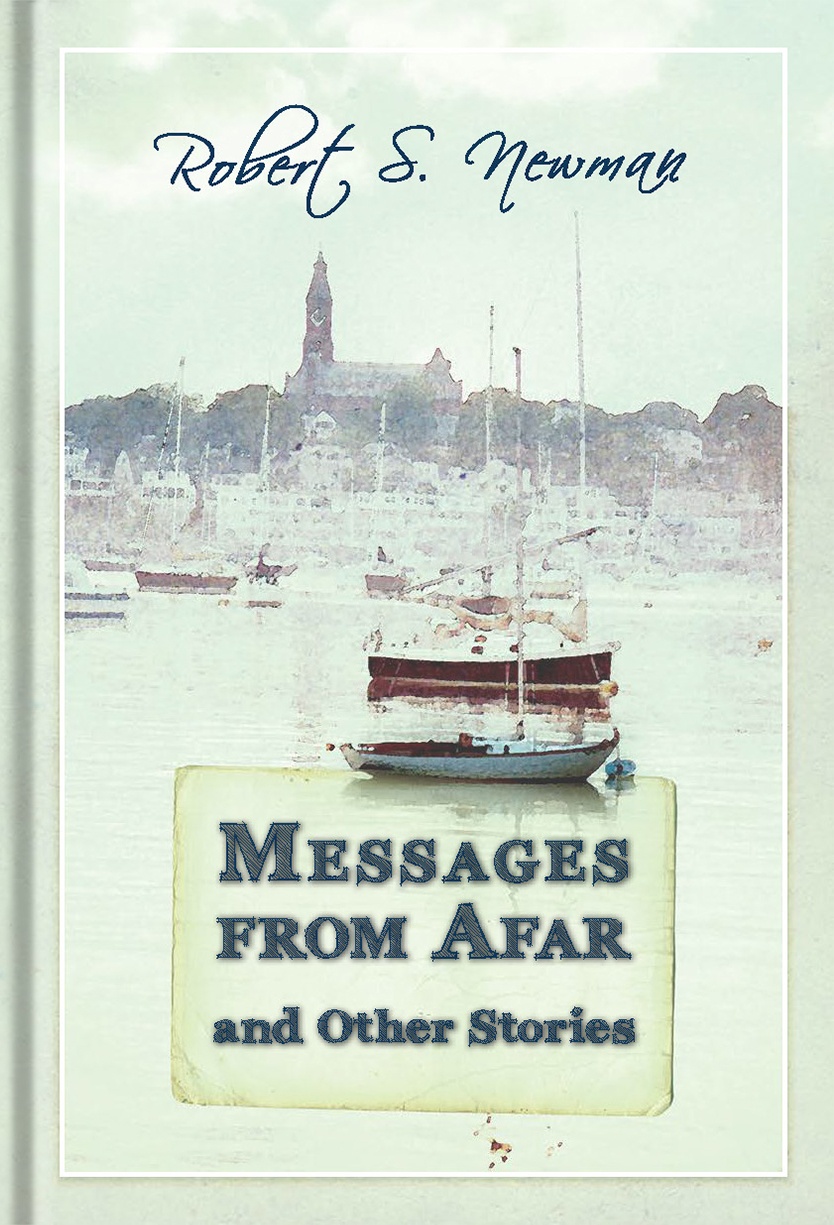
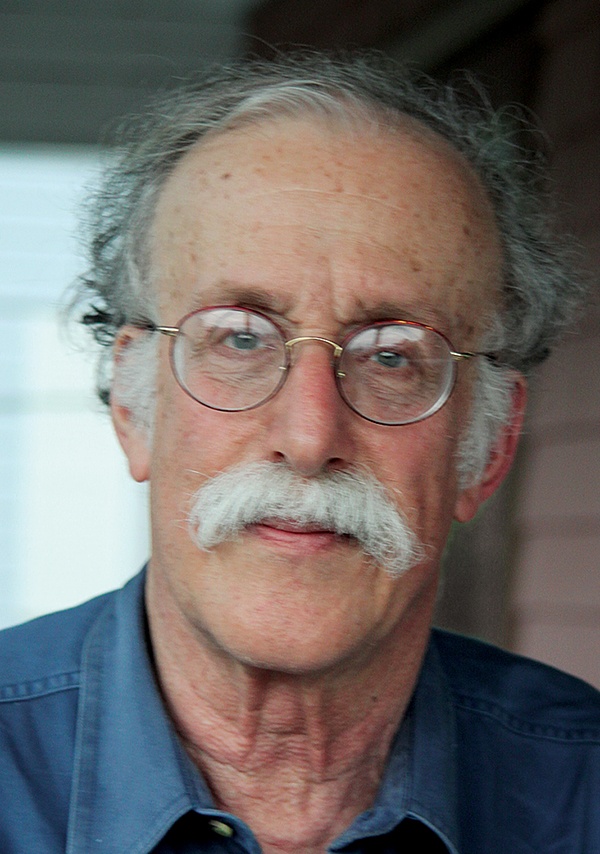 Robert Newman was in 1943 in Boston, Massachusetts and grew up in Marblehead, Mass., Music was his first love, but it turned out to be a short one. A chance to be an exchange student in Japan in 1959, turned Newman towards Asia and he earned his B.A. in Asian Studies from Cornell University in 1964. He then went to India as a Peace Corps volunteer.
Robert Newman was in 1943 in Boston, Massachusetts and grew up in Marblehead, Mass., Music was his first love, but it turned out to be a short one. A chance to be an exchange student in Japan in 1959, turned Newman towards Asia and he earned his B.A. in Asian Studies from Cornell University in 1964. He then went to India as a Peace Corps volunteer.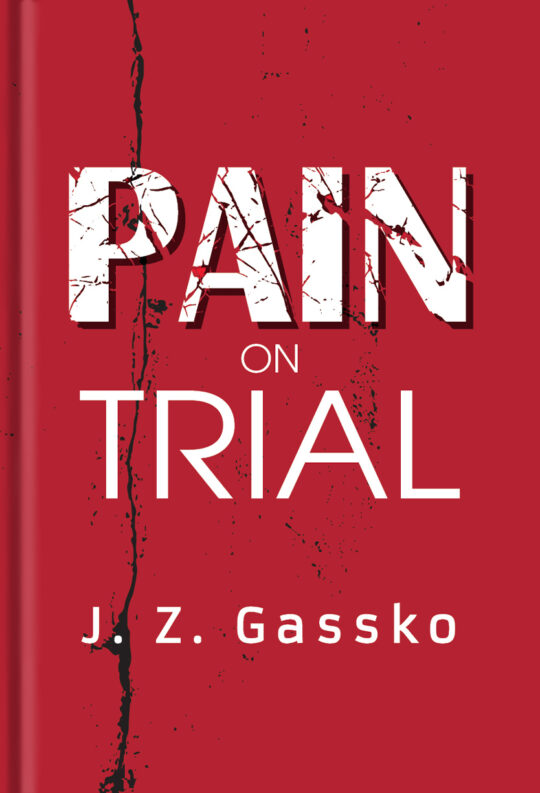
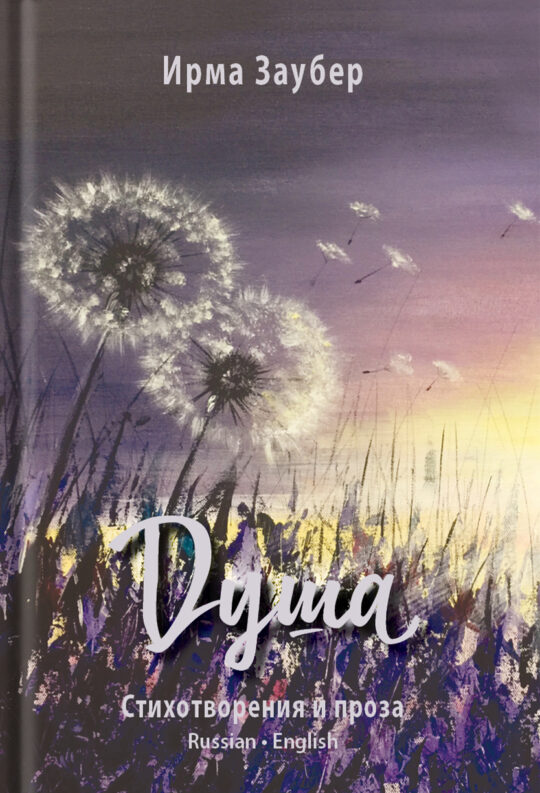
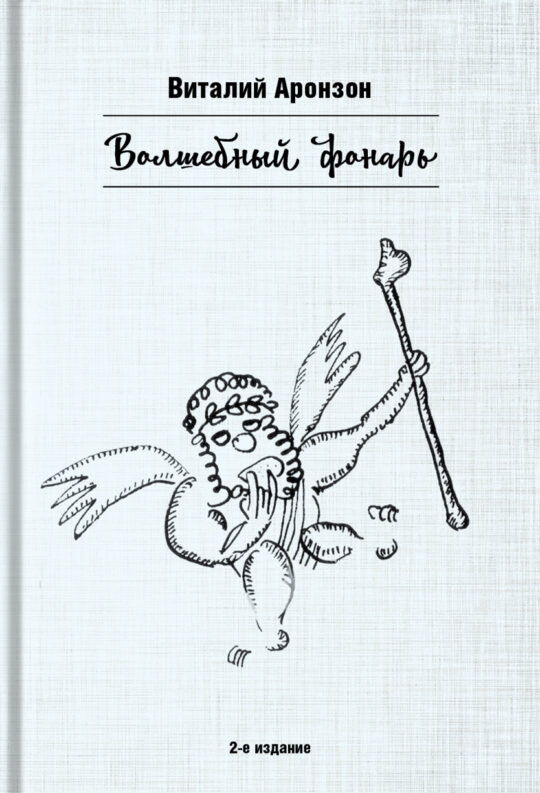
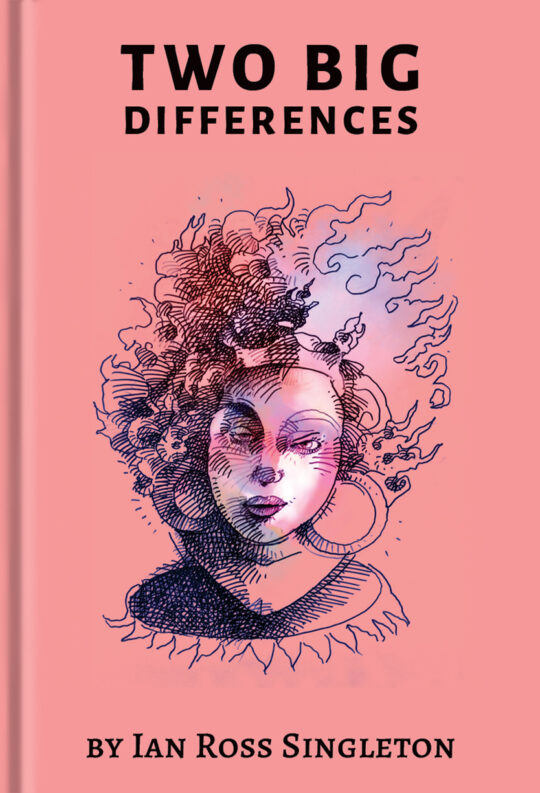
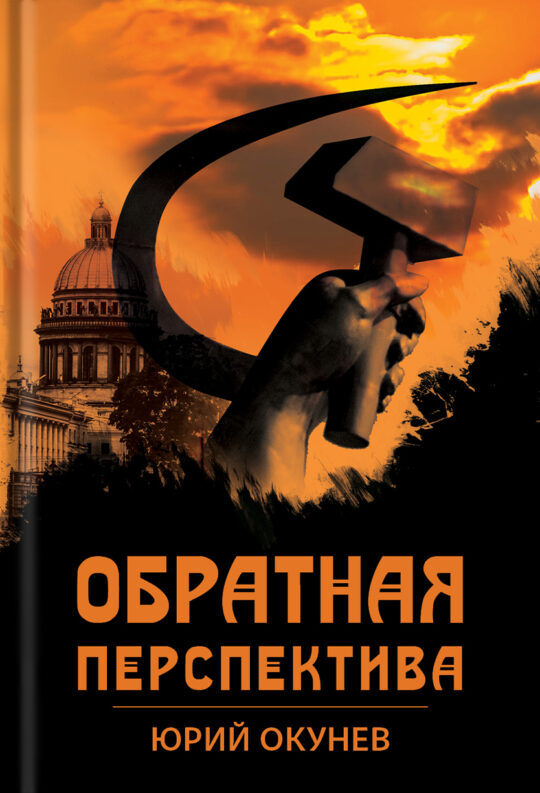
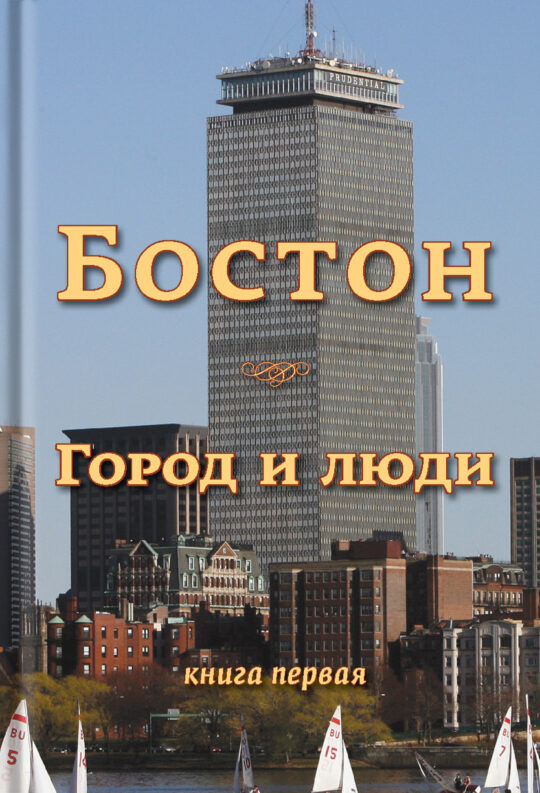
Reviews
There are no reviews yet.